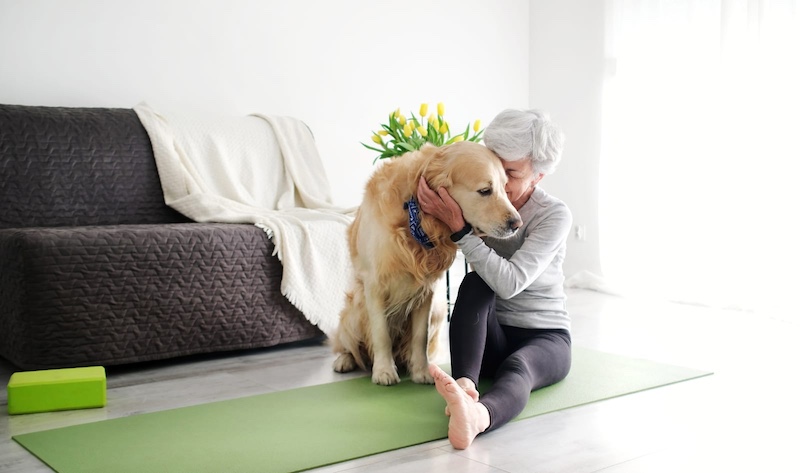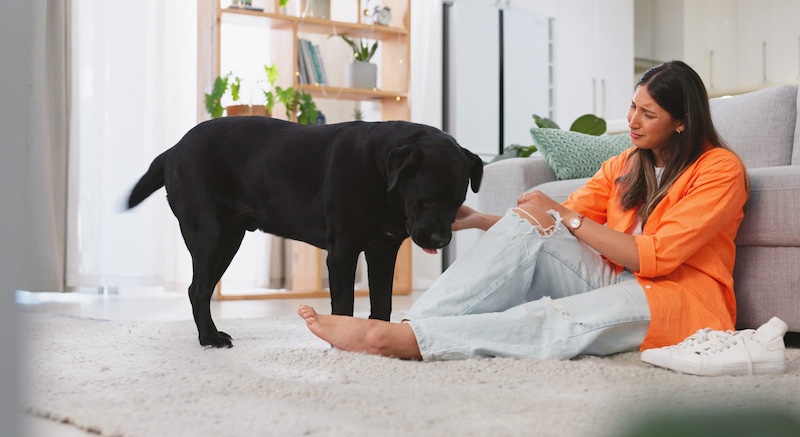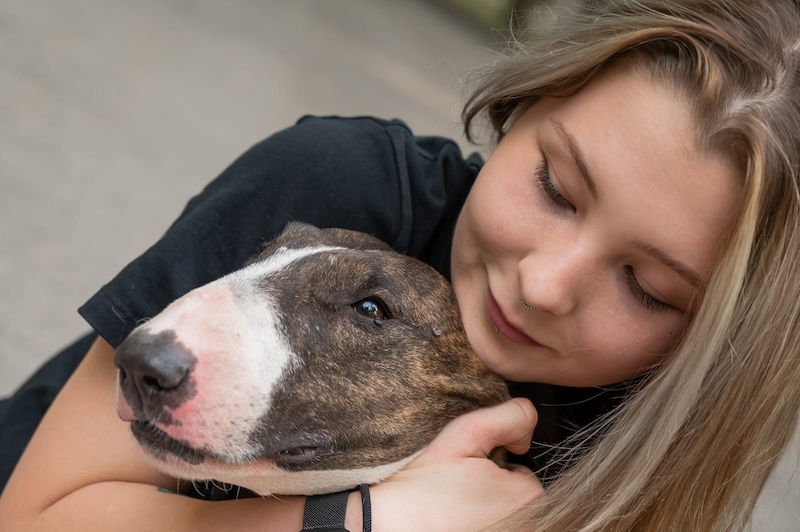Dogs have an incredible ability to sense human emotions, especially sadness. If your furry friend has ever comforted you during a tough time, it’s not just coincidence. Dogs rely on their heightened senses, sharp observational skills, and deep bond with humans to detect and respond to emotions. Let’s explore the science and instincts behind this remarkable connection.
The Power of a Dog’s Senses

Dogs’ extraordinary sense of smell allows them to detect changes in body chemistry, such as the release of stress hormones like cortisol. These chemical shifts, often associated with sadness, become cues for your dog to understand your emotional state. Their ability to associate scents with emotions gives them unique insight into how you’re feeling.
Reading Human Body Language

Dogs are masters at interpreting body language and facial expressions. Slumped shoulders, slower movements, or subdued tones can all signal sadness. Dogs also respond to changes in vocal cues, detecting subtle shifts that reveal emotions. Even when you try to hide your feelings, your dog’s keen observation uncovers the truth.
Empathy or Conditioning?

Some researchers believe dogs’ responses to sadness stem from conditioning—they learn to comfort you based on past experiences. However, studies also suggest emotional contagion, where dogs genuinely feel your distress. Whether instinctive or learned, their comforting behaviors reflect their deep emotional connection with humans.
The Role of the Human-Dog Bond

The bond between humans and dogs, cultivated over thousands of years, enhances their ability to detect emotions. Research shows dogs instinctively approach and comfort crying people, demonstrating their natural drive to support those in distress, whether familiar or not.
How Dogs Comfort Their Humans

Dogs comfort humans through physical closeness, like snuggling or resting their head on your lap. Some may distract you by nudging you to play or bringing a toy. These actions, rooted in their instincts, aim to lift your mood while reinforcing your bond.
Supporting Your Dog’s Empathy

You can nurture your dog’s empathetic nature by building trust, spending quality time together, and rewarding their comforting behaviors. However, it’s essential to manage your stress since dogs are sensitive to your emotions. A balanced emotional environment benefits both you and your furry companion.
Can Your Dog Sense When You’re Sad?

Dogs’ ability to sense sadness is a mix of instinct, keen observation, and their special bond with humans. Their comforting responses remind us of the profound connection we share. When your dog offers support during tough times, it’s a genuine expression of understanding and love. Please Note: This content was created with the assistance of AI and thoroughly edited by a human before publishing.

